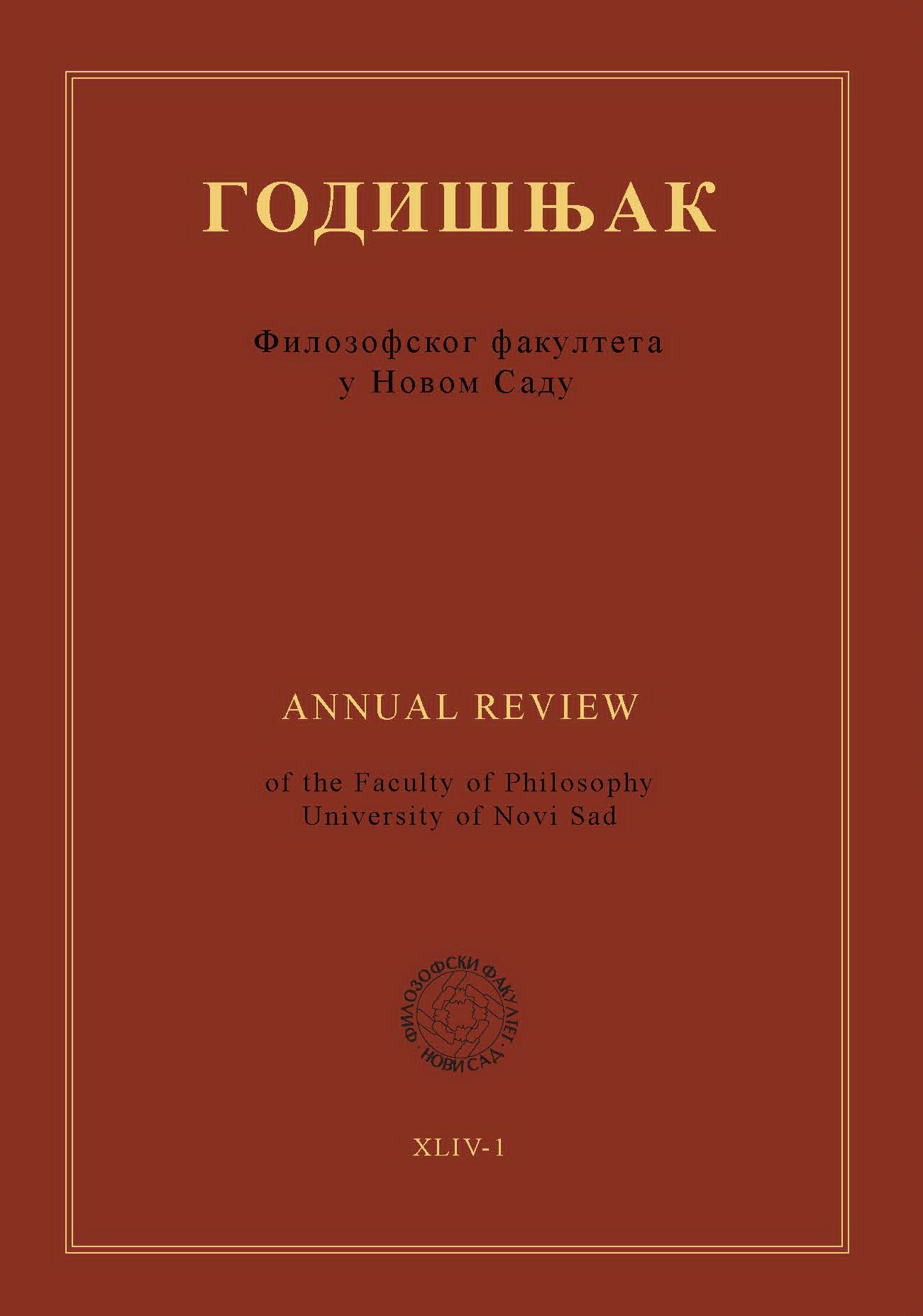POVEZANOST POTENCIJALA ZA RAZVOD I PSIHOFIZIČKOG ZDRAVLJA ŽENA
RELATION BETWEEN POTENTIAL FOR DIVORCE AND WOMEN’S PSYCHOPHYSICAL HEALTH
Author(s): Jelena Šakotić-Kurbalija, Biljana TrifunovićSubject(s): Social Sciences, Psychology
Published by: Филозофски факултет, Универзитет у Новом Саду
Keywords: potential for divorce; divorce potential; marital instability; psychophysical health; divorce
Summary/Abstract: The literature states that marital instability, in addition to the quality of marriage, is one of the basic characteristics of marriage and marital relationships. For this reason, many researchers have focused on examining the factors and consequences of marital instability, with the greatest attention being paid to divorce as one of the possible outcomes of marital instability. Much less research has investigated the potential effects of marital instability as a comprehensive process. Hence, the aim of this study was to examine relation between the potential for divorce and women’s psychophysical health. The sample consisted of 1338 women, with different educations, jobs and economic status. The average age of the sample was 40.07 years (SD = 9.10), ranging from 21 to 76 years. Most women (89.9%) live with their partners in formal marriage, with marriage duration ranging from 1 to 50 years (AS = 15.52, SD = 8.85). Also, most of the women (87.8%) have children with their spouses. The Psychophysical Health Scale (SPFZ-1: Majstorović, 2011) was applied in order to assess both general psychophysical health and its various aspects: physical health, fear and anxiety, depression, fatigue, and social behavior, while the potential for divorce was measured by the short form of the Marital Instability Index (Booth, Johnson & Edwards, 1983). The results of one-way multivariate covariance analysis (MANCOVA) show that the main effect of potential divorce, after statistically eliminating the influence of parenting and marital duration, are significant, with women who assessed their marriage as unstable achieving higher scores on all dimensions of psychophysical health compared with women who assessed their marriage as stable. The results obtained are in line with the findings of previously conducted studies, which indicate the existence of numerous negative psychological, social and health consequences of high marital instability and divorce, and suggest that thinking about the termination of a marriage, and not necessarily just its termination and divorce, can be significantly associated with symptoms of a different nature. Therefore, the findings of this study stress the need to consider marital instability as a comprehensive process, as opposed to focusing only on divorce as one of the outcomes of marital instability, which may have practical implications in the context of improving counseling programs and support programs for married couples.
Journal: Годишњак Филозофског факултета у Новом Саду
- Issue Year: 44/2019
- Issue No: 1
- Page Range: 147-168
- Page Count: 22
- Language: Serbian

